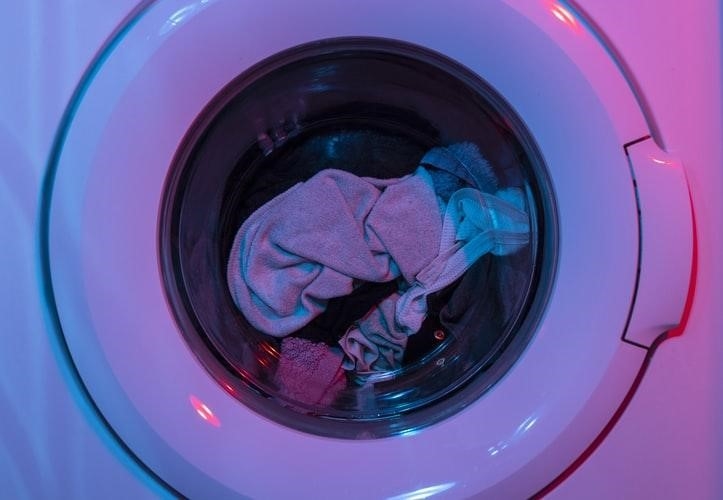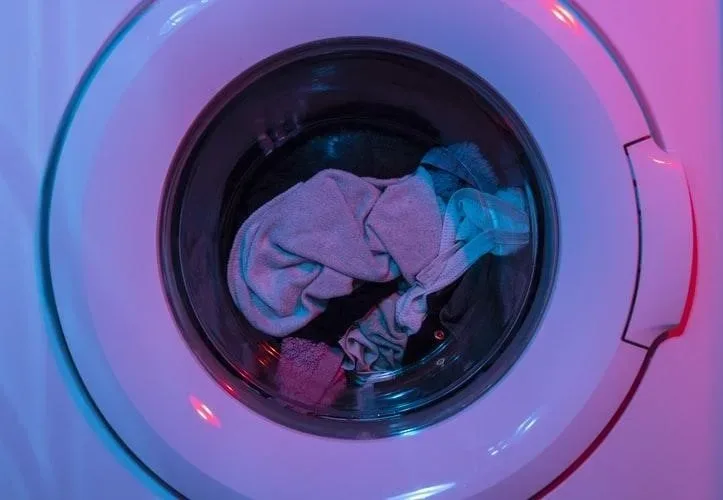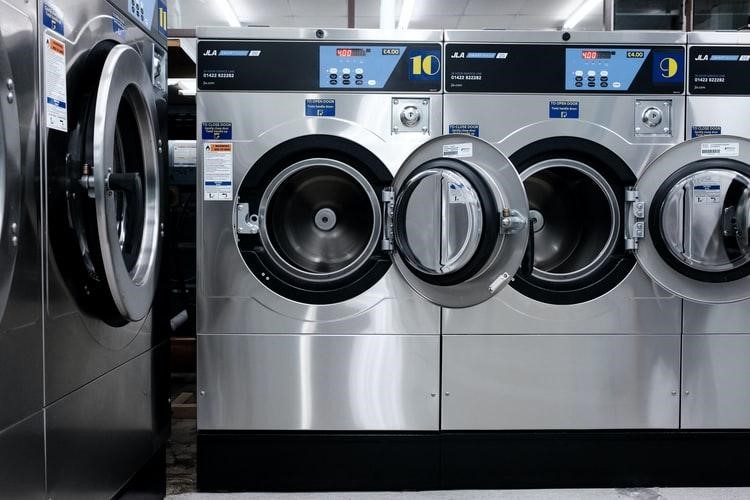Sometimes your washer will suddenly start making strange noises while you are washing your clothes.
It can be concerning, so you should find out what’s causing it. Some noises can develop into serious problems, resulting in costly repairs, while others may not.
Hence, you must know which you should treat and which you should ignore. Our expert advice can assist you in restoring peace to your home quickly when your washing machine is making a racket.

Common Causes of Noise
Your machine’s unusual sounds should be closely watched because they might be a sign of a more severe problem.
The team behind https://nationwideappliancerepairs.com.au/ recommends that you assess the noise source, intensity, and when it occurs during the wash cycle.
Considering these factors can help you decide whether a DIY repair is a right choice or if professional assistance is needed.
You might be experiencing excessive noise from your washing machine for several reasons. These include:
Badly Positioned Door Seal
Essentially, the seal between the inside and outside of your machine is what separates the two.
The seal may become bent or worn out by excessive use or rub against the drum. When there is a loud noise coming from the drum when it starts spinning, there is a problem.
If this occurs, you will need to try and reinstall the washer door seal. After you have tried this, and it does not work, the seal will have to be replaced.
Blocked Drain Pump
In a washing cycle, the water is drained several times with the drain pump. When the noise is heard every time the machine drains the water, you should remove the drain filter and ensure no other items in the cavity lead to the pump (screws, etc.).
The drain pump should be replaced if there is still noise after these measures have been taken.
Read Also:
Defective Door Lock
Electromagnetic coils operate door locks on washing machines. Locking and unlocking the door usually makes a slight clicking sound.
Something may be blocking the door from locking when it is opened or closed repeatedly.
If there are no obstacles, you need to check whether it is working correctly and consider making changes.
Stuck Objects
Objects from clothes can get stuck between a tub and a drum, causing noise during a wash and spin cycle.
When your washing machine is turned off, you can turn the drum by hand to determine whether this is the case.
This problem usually arises from underwiring from bras getting stuck in the holes of the drum.
To prevent this problem, we recommend that you store bras in a net designed explicitly for this purpose.
Usually, you can remove the objects stuck by reaching under the tub (by removing the drain hose, for example) or removing the resistor. Be patient because it won’t be easy.
Faulty Solenoid Valve
Solenoids act as electric taps. The water supply can be turned on or off by this device.
If blocked valves or an unturned water tap, your washing machine will vibrate while filling up.
You may also have this noise but no problems with the water supply; then, you should uninstall the solenoid valve to see if it is in good shape. Replace it if necessary.
Faulty Bearings
A ball bearing can freely rotate the axis of the drum. A loud noise will be heard when spinning it if it has deteriorated.
When the machine is off, turn the drum hard with your hand to see if it is working. When you hear rolling noises, you need a new ball bearing.
Almost all modern washers today have molded bearings. If this is the case, the only option is to replace the entire tub.
Loose or Broken Counterweights
Counterweights are installed on washing machines to stop them from moving. In the event your counterweight unscrews or breaks during the spin cycle of your washer, you will hear a loud bang if the machine exceeds 1,000 rotations per minute.
You will need to examine these and tighten them if necessary. If this still does not solve your problem, you must replace them.
Also, make sure that the brackets supporting the counterweight are in good condition.
Worn-Out Shock Absorbers
Shock absorbers stabilize washing machines. If they are worn out, the machine will make strident banging noises as it spins.
When this occurs, use adjustable feet as much as possible to stabilize the washing machine.
However, if your machine is older than a couple of years and moves during the spin cycle, you may wish to consider a shock absorber replacement.
Faulty Motor
In a washing machine, the drum is turned by the motor. Whenever it begins making noises, it is due to damaged bearings.
In this case, you should probably replace the motor. A motor with carbon brushes worn out or have less than 1 cm of length may be very noisy. You must replace them.
Damaged Pulley
Understanding how a washer works will help in detecting and fixing faults. In front-loading machines, the pulley is located at the back, whereas in top-loading machines, it’s located on the side.
Via the belt, the drum is rotated thanks to this pulley. Your drum pulley will bang if it has a damaged spoke. A replacement is necessary in this case.
Damaged Belt
Belts allow washing machines to turn their drums. This belt connects motors and pulleys.
When the drum is spinning, you should apply pure Marseille soap directly onto the belt if there is a squeak. If the noise persists, it would be best to replace it.
Damaged Clutch Assembly
Is your washer top-loading, or does it have a clutch? During the spin cycle, the washer may make a loud noise or scrape sounds by latching the clothes’ basket onto the transmission’s input shaft.
Pads eventually wear out from rubbing against the housing. Usually, you’ll find the clutch assembly under the outer tub, connected to the basket drive assembly.
After unplugging the washer, remove the cabinet, and remove the drive motor and transmission assembly. Replace a worn or damaged clutch assembly.
Now that you have a solution to that strange noise coming from your washer, you can be less worried.
Make sure you take the time to listen to the noise and then repair anything that needs to be fixed.
The easiest way to solve these issues is to hire a professional if you are concerned about causing additional damage to your machine.











